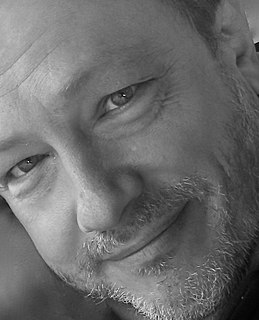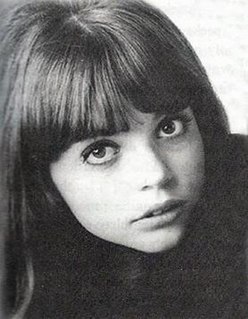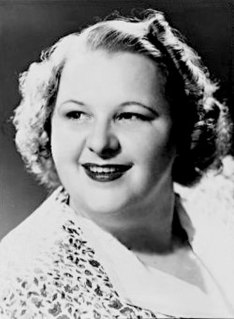A Quote by Marc-Andre Hamelin
It's the vision of the composer that we have to determine, and not the absolute mathematical adherence of the score. In my experience, there have been occasions where I feel that a composer has not notated something as they meant to have it represented.
Related Quotes
The musical emotion springs precisely from the fact that at each moment the composer withholds or adds more or less than the listener anticipates on the basis of a pattern that he thinks he can guess, but that he is incapable of wholly divining. If the composer withholds more than we anticipate, we experience a delicious falling sensation; we feel we have been torn from a stable point on the musical ladder and thrust into the void. When the composer withholds less, the opposite occurs: he forces us to perform gymnastic exercises more skillful than our own.


































